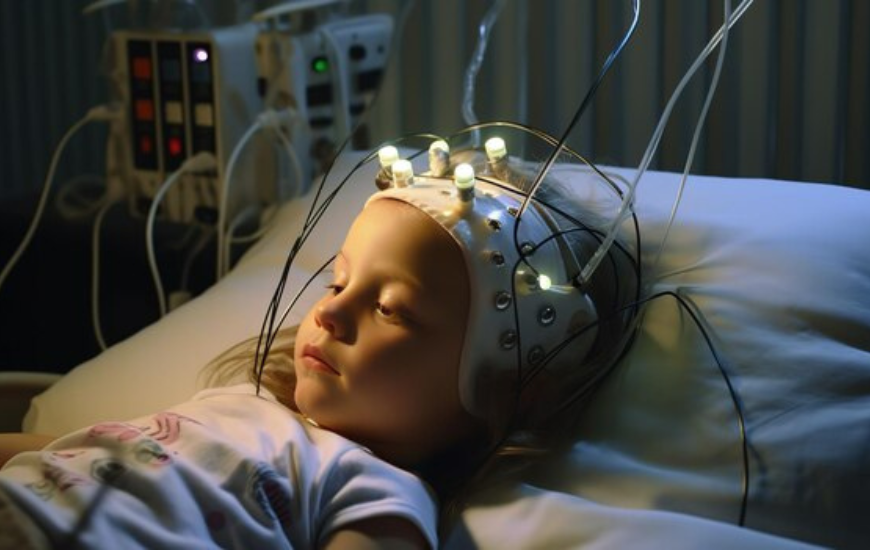Paediatric Neurosurgery

"Paediatric Neurosurgery" refers to the specialized medical field that focuses on the diagnosis, treatment, and surgical management of neurological conditions affecting infants, children, and adolescents. Neurosurgery in the pediatric population requires unique expertise due to the developing nature of the nervous system in children. Here are some key aspects of the service content in paediatric neurosurgery:
- Neurological Conditions:
- Brain Tumors: Diagnosis and surgical removal of tumors affecting the brain.
- Hydrocephalus: Management of excess cerebrospinal fluid in the brain.
- Spina Bifida: Surgical correction of a congenital defect in the spine.
- Epilepsy Surgery: Evaluation and surgical treatment for intractable epilepsy.
- Chiari Malformation: Surgical correction of structural defects in the cerebellum.
- Neurovascular Disorders: Treatment of conditions affecting the blood vessels in the brain.
- Diagnostic Procedures:
- Utilization of advanced imaging techniques such as MRI (Magnetic Resonance Imaging) and CT (Computed Tomography) scans.
- Neurological examinations to assess cognitive and motor functions.
- Electroencephalogram (EEG) for evaluating electrical activity in the brain.
- Surgical Interventions:
- Craniotomy: Surgical opening of the skull for access to the brain.
- Endoscopic Procedures: Minimally invasive techniques for certain conditions.
- Shunt Placement: Surgical implantation of a shunt to manage hydrocephalus.
- Tumor Resection: Removal of brain or spinal tumors.
- Neurovascular Surgery: Addressing abnormalities in blood vessels in the brain.
- Collaboration with Multidisciplinary Teams:
- Work closely with pediatric neurologists, radiologists, oncologists, and other specialists.
- Develop comprehensive treatment plans that may include surgery, chemotherapy, and radiation therapy.
- Postoperative Care and Rehabilitation:
- Monitoring and managing patients in the postoperative period.
- Coordination with rehabilitation specialists to optimize recovery.
- Research and Education:
- Participation in clinical research to advance the understanding and treatment of pediatric neurosurgical conditions.
- Education of patients, families, and medical professionals about neurosurgical procedures and postoperative care.
- Ethical Considerations:
- Sensitivity to the unique ethical considerations involved in treating pediatric patients.
- Informed consent discussions with parents or guardians.
- Follow-up and Long-Term Management:
- Ongoing monitoring of patients' neurological health and development.
- Adjustment of treatment plans as needed based on follow-up assessments.
The field of paediatric neurosurgery requires a high level of skill, precision, and compassion, considering the unique challenges posed by treating neurological conditions in the pediatric population. The goal is to provide the best possible outcomes while minimizing the impact on the child's overall development and quality of life.
